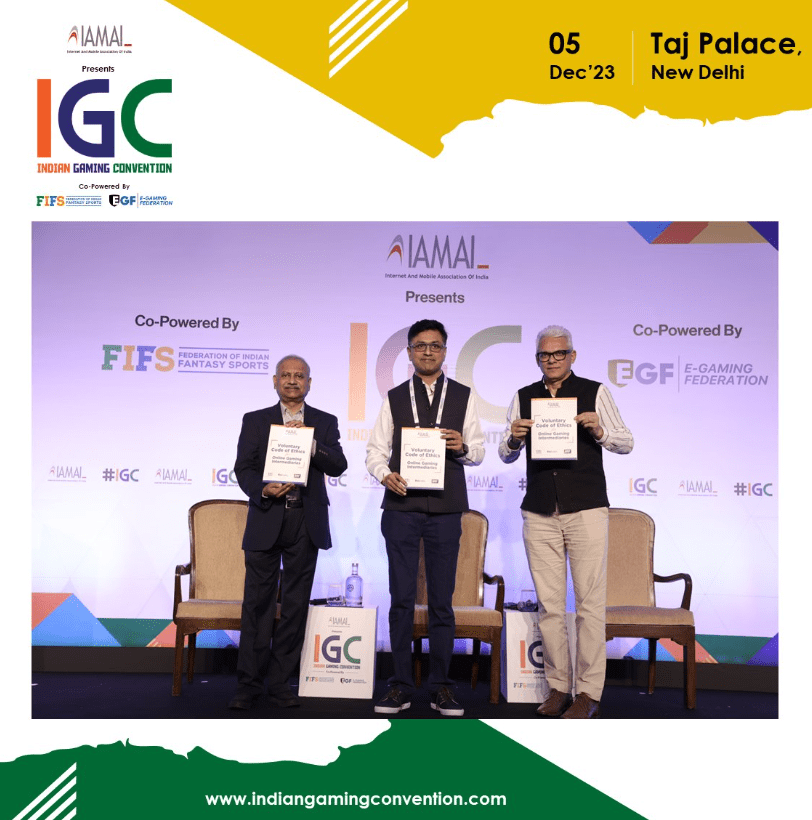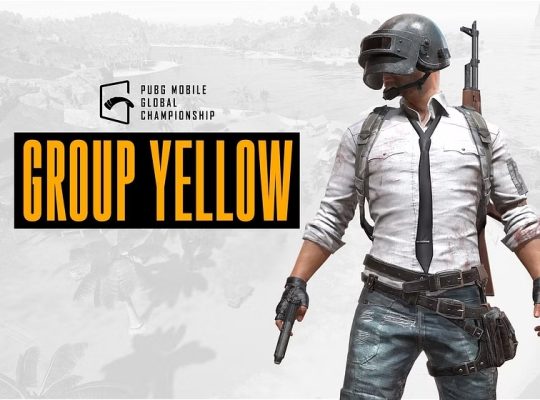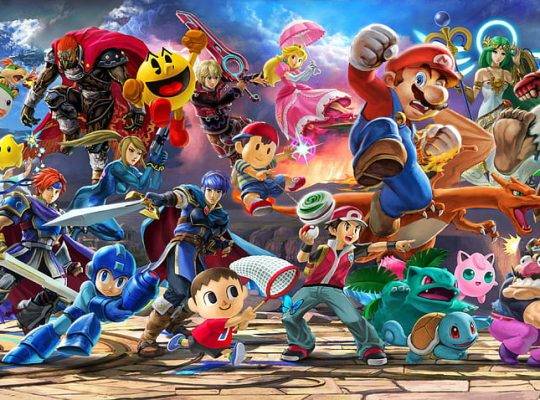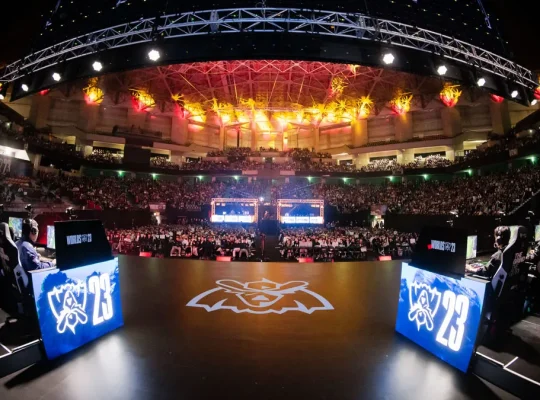Online Gaming Industry Embraces Code of Ethics at the IGC 2023
At the Indian Gaming Convention (IGC) 2023, the online gaming industry took a leap forward by adopting a voluntary ‘Code of Ethics for Online Gaming Industries.’ This is the first time that a code of ethics has been introduced to the sector, with the aim of creating a secure, reliable, and responsible digital gaming ecosystem prioritizing user protection. Led by the Internet and Mobile Association of India (IAMAI), this step has been endorsed by the Federation of Indian Fantasy Sports, the E-Gaming Federation, and the All India Gaming Federation (AIGF).
In recent years, the online gaming industry in India has been booming. With close to 50 crore actively engaged users, the sector has become an integral part of India’s digital transformation journey. At the IGC 2023, industry experts convened to discuss the public policy requirements and regulatory frameworks, as well as the potential impact of the code of ethics on players and stakeholders.
The Voluntary Code of Ethics for Online Gaming Intermediaries signed by IAMAI, FIFS, EGF and AIGF was officially launched at the Indian Gaming Convention#IGC #IGC23 #GamingRegulation #FutureOfGaming #eSports #OnlineGaming pic.twitter.com/yXaR5SoRSS
— IAMAI (@IAMAIForum) December 5, 2023
Importance of the Code of Ethics
This self-enforcing Code of Ethics serves as a guideline for online gaming intermediaries to create a transparent, trusted, and accountable gaming ecosystem. In doing so, it demonstrates the industry’s commitment to responsible growth, adhering to government regulations, and ensuring the safety and welfare of consumers.
Highlighting the key ethical principles outlined in the code, a report by Parinam Law Associates titled ‘Regulatory Roadmap for Online Real Money Gaming’ presented crucial recommendations to balance the interests of all stakeholders and facilitate responsible growth of the online gaming industry in India.
Expert Opinions
Dr. Subho Ray, President of IAMAI, stated, “This is a progressive step towards building a transparent and accountable gaming ecosystem with a focus on consumer protection.”
Echoing similar views, Joy Bhattacharjya, Director General of FIFS, commented that the Code of Ethics also contributes to the Prime Minister’s vision of building a $1 trillion digital economy, while Anuraag Saxena, the CEO of EGF, highlighted the role of the proposed IT rules in creating a safe and transparent gaming ecosystem.
In his address to the IGC, Shri Rajeev Chandrasekhar, Honourable Minister of State for Skill Development and Entrepreneurship, and Electronics and Information Technology, emphasized the government’s acknowledgement of online gaming as an essential part of India’s $1 trillion digital economy goal.
Potential Challenges and Future Developments
Although the introduction of the Code of Ethics is a significant step forward, the online gaming industry still faces challenges in terms of regulation and public perception. Collaborative efforts between the industry and government, the establishment of Self-Regulatory Bodies (SRBs) with regulatory oversight, and continuous stakeholder dialogues are crucial for the development of a comprehensive and effective regulatory framework.
As technology continues to evolve and drive the sector’s innovation, the online gaming industry is poised for transformation, paving the way for strategic collaborations, investments, and advancements in user experience. The voluntary Code of Ethics serves as a foundation for the industry’s commitment to ethical practices and will likely influence the growth trajectory and long-term sustainability of the burgeoning digital gaming landscape in India.











